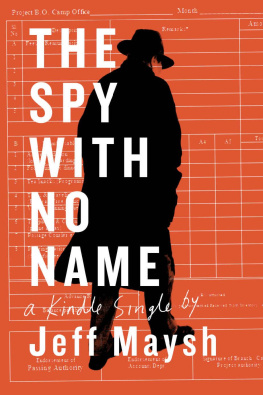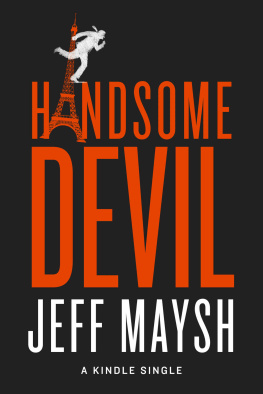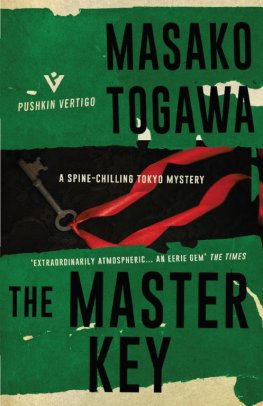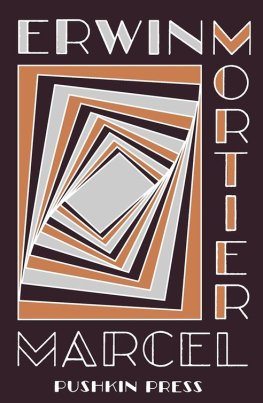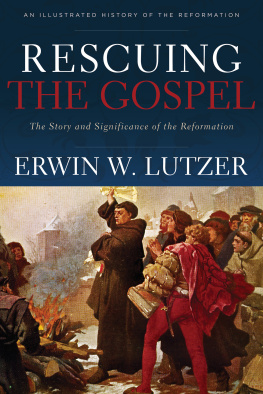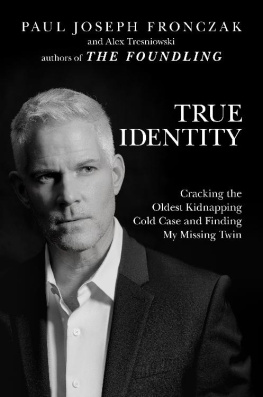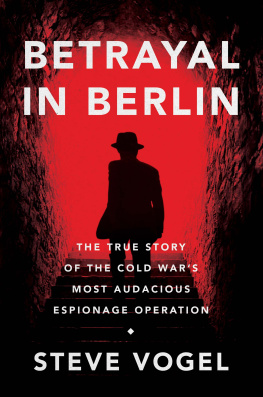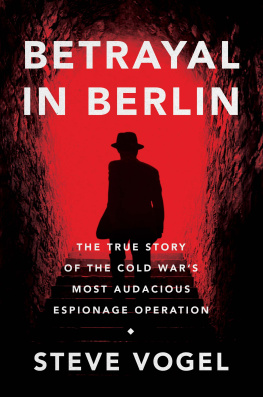The Spy With No
Name
By Jeff Maysh
Copyright 2016, Jeff Maysh
Editors Note: Edits have been made to the capitalization, punctuation, and usage of quoted material for readability.
CONTENTS
Prologue
As the train rattled into The Hague, the Nazi-occupied town she called home, Johanna van Haarlem watched as war-ravaged Hollandwith its burned-out planes and destroyed synagoguesflashed past her window. It was late 1943. In spite of the fatigue of war, Johanna was a high-spirited teenager. She had been a child when Adolf Hitlers brutal invasion began, taking the coastal city to launch aerial raids on nearby England. Now she was a young woman, with pretty dark eyes and wavy black hair.
It was a difficult time for a Jewish girl to turn 18. Thirty-seven miles away in Amsterdam, another Jewish family, the Franks, had secreted themselves in the upper rooms of an office building at Prinsengracht 263, to save their daughters Margot and Anne from the Nazis. But unlike Otto Frank, Johannas father Isaak van Haarlem had abandoned his religion in order to save his seven children from the death camp. In The Hague, approximately eighty percent of its 10,000 Jews were deported. Most were murdered. Others hid. Instead Isaak joined the National Socialist Movement of the Netherlands, the NSB, and, despite the taunts of Nazi! from her neighbors, Johanna could attend parties and even ride the train without fear of persecution.
Across the carriage, another passenger studied Johanna. Gregor Kulig, 23, was a tall, blond-haired Polish soldier fighting for the Nazis. When her gaze met his, Johanna noticed his bright blue eyes. She felt an instant, indescribable connection between them. When the train eased into the station, Johanna hopped off. Gregor followed. He flirted with her all the way back to her fathers splendid three-story house. It had become something of a sanctuary to the Nazi soldiers. The men enjoyed the familys wine cellar, and the company of the pleasant van Haarlem girls. At a party there four weeks later, Johanna and Gregor found themselves alone. They did not make love; he took her virginity against her will, roughly. By early 1944, Johanna was hiding her growing belly under baggy clothes, fearful of her strict parents. But after five months she could hide her pregnancy no longer. Her father exploded.
You are a sinner! he screamed, and threw her out.
Johanna ended up at a special clinic in The Hague for women carrying the children of German soldiers. On July 8, 1944, the battle of Normandy cost the lives of 200,000 German soldiers, including Gregor Kulig, her blue-eyed soldier. It was a crushing defeat that marked the beginning of the end for Hitlers army. Seven weeks later, on August 24, Johanna gave birth to a baby boy. She named him Erwin, and when he was six days old, she bravely took him home. Her father said the baby was just a war by-product, and that she had heaped shame upon the family. Go to a distant town, he said, and give it away.
And so Johanna found herself back on a train, this time speeding away from Holland and through the heart of Germany. The carriage was a choir of crying children, many of them illicit and unwanted. Johanna fed the baby with food handed to her by kind strangers, and when the train was delayed near Bremen, she begged for help at a local church. She had no money, she told the vicar, and unless she could find shelter she and her son would die. The holy man offered to baptize her child, and Johanna agreedit felt like a motherly thing to do. At the ceremony there were other couples, happy couples, with their babies. But Johanna stood alone, consumed with embarrassment and guilt, scolding herself: I am a bad person.
Eventually she reboarded the train. It chugged into the town of Teplice, just inside Czechoslovakia. Johanna could not bear to give away her son, and vowed to find a job. She took up lodging with a local woman with two small children. Each morning, she pumped breast milk into a bottle and left for a long days work at a clothing factory. She paid her host with food tickets, letting her own body waste away. She would sacrifice everything to feed her son. But in his new home, Erwin cried all day, and the landlady couldnt cope. Soon, she asked Johanna to leave. Full of sadness and desperation, in October of 1944 she traveled to an orphanage in Holesovice, Prague. When she arrived, she weighed just eighty-eight pounds, her body ravaged by hunger, war, and stress. It was just a temporary solution, she told herself, and she would be back. With tears streaming down her cheeks, Johanna kissed baby Erwin goodbye, and handed him over.
When Johanna arrived back in Holland alone, her mother burst into tears. She assumed her daughter had been killed in the war, as the Allies smashed the Nazis back into Germany. On September 4, 1944, Allied forces had conquered Antwerp, and the NSB crumbled, its leaders fleeing to Germany. Johanna discovered that her father, Izaak, had been thrown in prison because of his Socialist allegiance, and their house confiscated. Upon Izaaks release, the family was rehoused, and Izaaktyrannical as evermade it clear that Johanna would never see her son again. He destroyed the adoption papers. He demanded that Johanna forget about her baby and never mention him. Outwardly, she obeyed her father, but privately it felt as though she were living with a hole in her heart.
Over the years, dozens of letters arrived from the orphanage asking Johanna to take back her child. But, like her father, Johannas husband, Henri, with whom she had another son, Hans, banned her from even talking about him. The letters went unanswered. Soon, twenty years had passed since she had walked away from the orphanage, and Johanna was nearly 40. Did her son even survive the war, she wondered. What would he look like as a grown man? Deep down, she knew he was out there somewhere. And every year on his birthday, Johanna silently remembered her missing son, his name she could not even speak: Erwin van Haarlem.
Chapter One
Cold winds of change had swept through Europe in the aftermath of the Second World War. The Soviet Union had been devastated by Hitlers war machine, and the Eastern Bloc struggled to rebuild its crushed economies. The Soviets watched in awe as America unleashed its atomic bomb, a paralyzing show of power. And as America moved toward world domination, the Soviets grew fearful of a nuclear missile strike from the West. It created a Doomsday machine, to unleash counterstrike missiles at major U.S. cities. And so it began, a Cold War, a military standoff with both sides holding a finger over a red button. From behind the Iron Curtain, the Red Army strengthened itself by establishing a system of control over Eastern Europe. By 1967, Communism ruled over Bulgaria, East Germany, Hungary, Poland, Romania, and Czechoslovakia.
At a snow-covered checkpoint outside the Soviet embassy in Prague, a young Czech soldier lifted the gate and allowed a car to roll through. Proudly wearing the uniform of the Czechoslovak Ministry of the Interior, Vaclav Jelnek returned to his post. He was built like a soldier, lean and muscular, with neat dark hair swept to one side. His breath visible in the cold air, he waited for his mind-numbing shift to end. Hidden inside his palm was a list of German words. He glanced at it.
What are you doing? barked a superior, appearing behind him.
I am bored, Jelnek said. So Im improving my vocabulary.
The young man was marched to an upstairs office where he expected disciplinary action. Instead, he was introduced to two sun-tanned men wearing expensive suits. He noticed the scent of expensive aftershave. They were members of Sttn bezpenost, they said, the Communist Party of Czechoslovakias Secret, State Police. On home soil, this colossal, shadowy organization used 100,000 civilian snitches to stamp out anti-Communist activity, but abroad, it had 2,000 operatives in 72 countriesthe eyes and ears of the Red Army. In protecting Czechoslovakia from foreign forces, the StB was known for spying, forgery, blackmail, kidnapping, torture, and regular executions. Jelnek wondered what they might want with a lowly sergeant. They offered him a Camel cigarette, and he recoiled in disgust.
Next page
